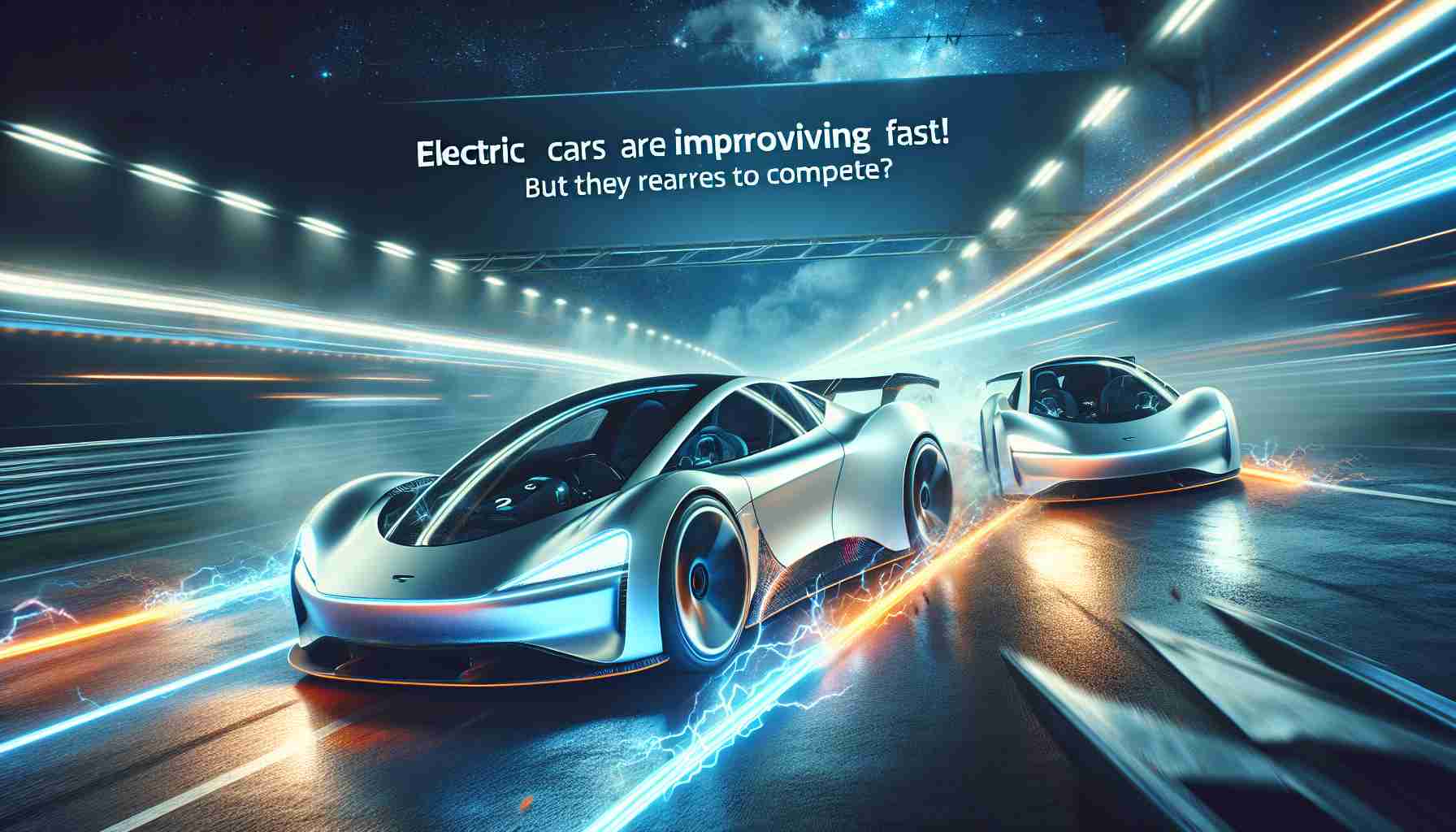Significant Advances in Electric Vehicle Reliability
Recent findings from Consumer Reports reveal that the reliability of electric vehicles (EVs) and plug-in hybrids has seen a remarkable enhancement, yet they still trail behind traditional gasoline models. During a year-long survey, subscribers reported that EVs experienced 42% more issues compared to gas vehicles, a significant decrease from the previous year’s 79% gap.
The research mainly focused on models from 2022 to 2024. Notably, plug-in hybrids exhibited 70% more problems than gasoline-powered cars, although this was less than half the discrepancy noted in prior assessments.
As automakers refine their manufacturing practices and adapt to evolving technologies, improvements in EV dependability are expected. Despite these advancements, challenges remain. Automakers often test innovative features on EVs, which can lead to technical glitches.
Consumer Reports highlighted the hesitancy of some consumers to shift from gasoline to electric, primarily due to concerns over initial costs, charging infrastructure, and reliability. While hybrid vehicles maintain a strong reliability reputation, EV sales continue to grow, increasing by 7.2% this year.
In terms of reliability rankings, Subaru emerged as the top brand for the first time, followed closely by Lexus and Toyota. Rivian struggled, landing at the bottom of the rankings, demonstrating that new entrants must overcome challenges in reliability as they innovate. Overall, the landscape of vehicle dependability is changing, albeit gradually.
Electric Vehicles on the Rise: Understanding Reliability Improvements and Challenges
Overview of Electric Vehicle Reliability Trends
Electric vehicles (EVs) have become a focal point for both consumers and manufacturers as the automotive industry evolves. Recent findings from Consumer Reports indicate noteworthy improvements in the reliability of EVs and plug-in hybrids (PHEVs). However, they still lag behind traditional gasoline vehicles. This article explores the current landscape of EV reliability, challenges faced by automakers, and consumer sentiments.
Enhancements in Reliability
According to a comprehensive survey conducted over a year, EVs now report 42% more problems compared to gasoline vehicles— a significant improvement from last year’s 79% gap. This positive trend is attributed to an ongoing commitment from automakers to refine their manufacturing processes and improve the overall dependability of their electric models.
Comparative Analysis of Vehicle Types
Delving deeper into the data, plug-in hybrids were found to have 70% more issues than their gasoline counterparts, an improvement from previous years. This suggests that while PHEVs are encountering fewer problems, they still face significant challenges in matching the reliability standards of traditional vehicles.
Factors Influencing Consumer Hesitance
Despite these advancements, several factors contribute to consumer reluctance to fully embrace EVs. Key concerns include:
– Initial Cost: The higher upfront prices for electric vehicles deter many buyers.
– Charging Infrastructure: Inconsistent charging station access can create anxiety around long-distance travel.
– Perceived Reliability: Ongoing concerns regarding the reliability of EVs compared to conventional vehicles remain prevalent.
Growth in the Electric Vehicle Market
Interestingly, EV sales have shown an upward trend, with a 7.2% increase reported this year. This growth indicates that despite lingering concerns, consumers are increasingly willing to consider electric options, spurred by greater awareness of the benefits of EVs, such as lower operating costs and environmental factors.
Top and Low Performing Brands
In this year’s reliability rankings, Subaru claimed the top spot for vehicle dependability, followed closely by Lexus and Toyota. Conversely, Rivian, a newer contender in the EV market, reported the most reliability issues, illustrating the hurdles new manufacturers face as they innovate in a competitive landscape.
Future Expectations and Innovations
As automakers continue to implement innovative technologies in their electric vehicles, they also encounter the associated risk of technical glitches. The industry is expected to evolve, focusing on not just the expansion of electric models but also on enhancing their reliability.
Conclusion: Navigating the EV Landscape
The trajectory for electric vehicles suggests an improvement in reliability will continue as manufacturers adapt to new technologies and consumer expectations. While challenges remain, the market is poised for growth, driven by advancements and a growing consumer base willing to embrace the electric future.
For more detailed insights on electric vehicles, visit Consumer Reports.













